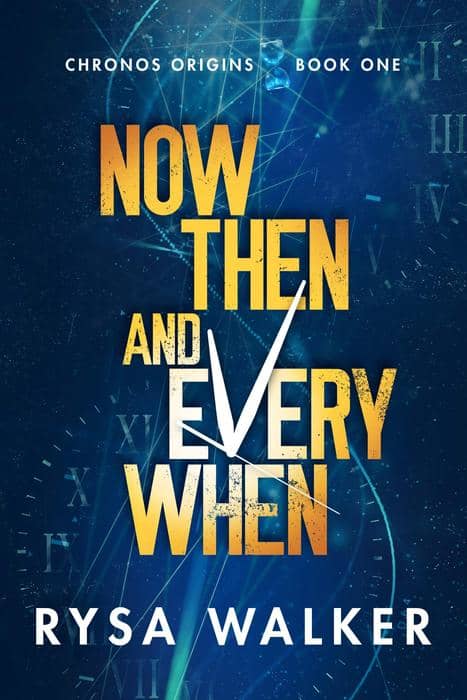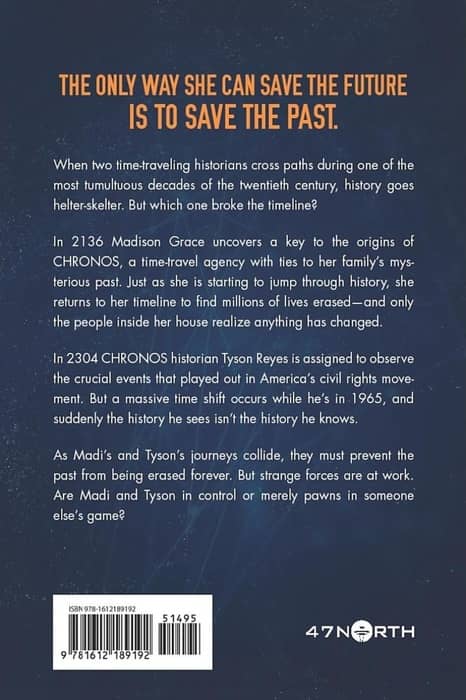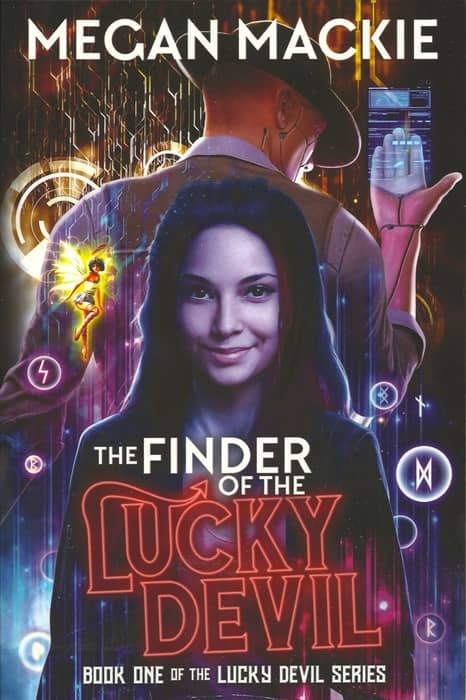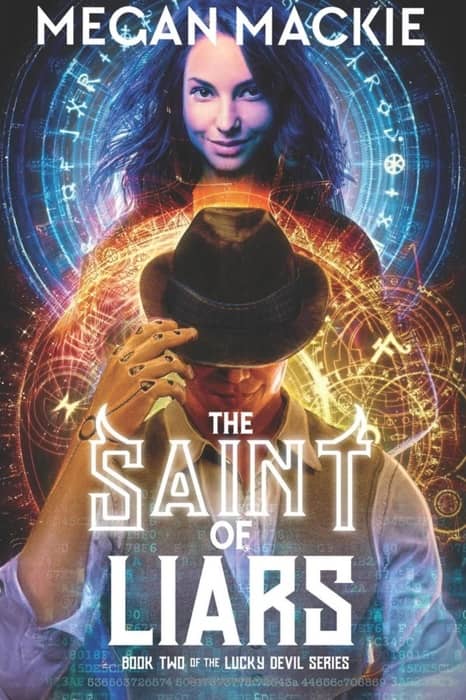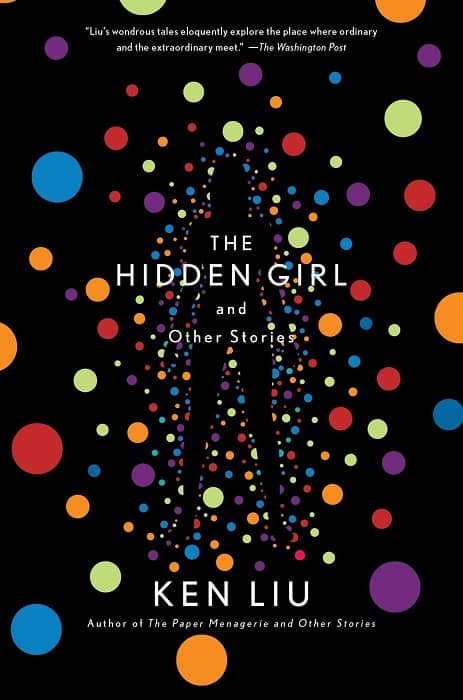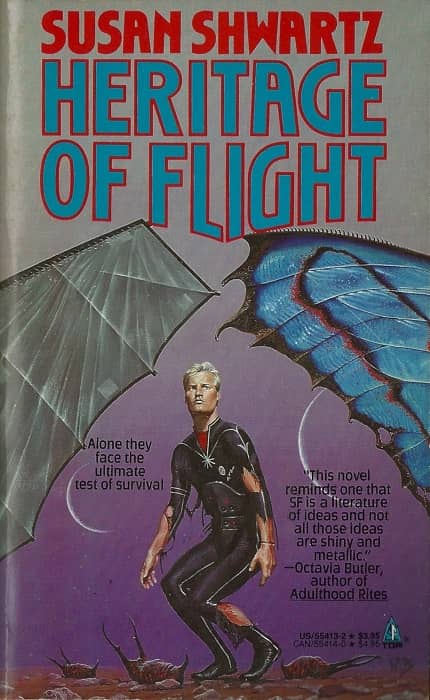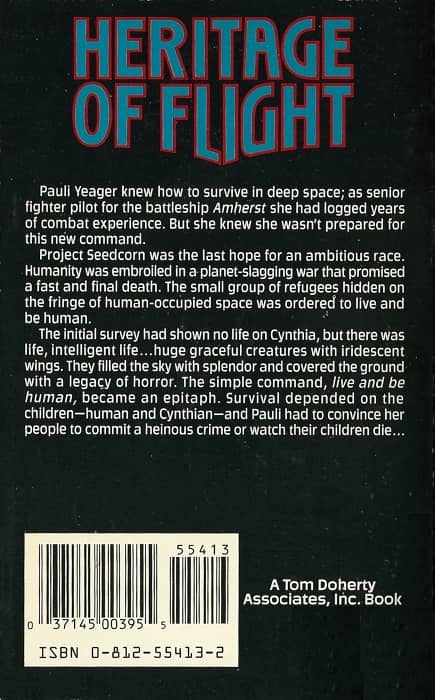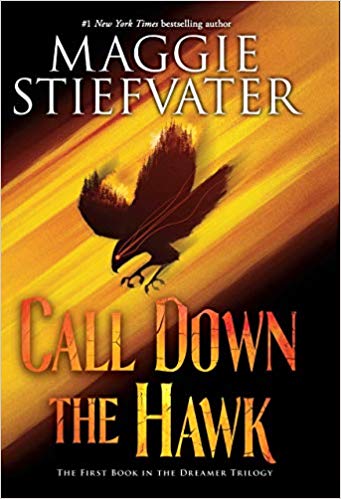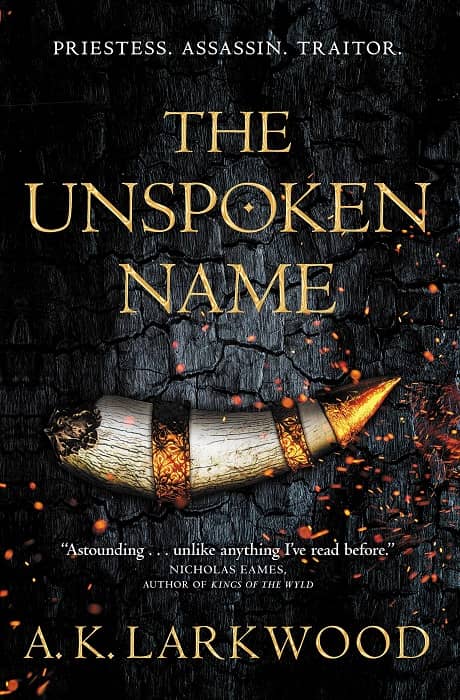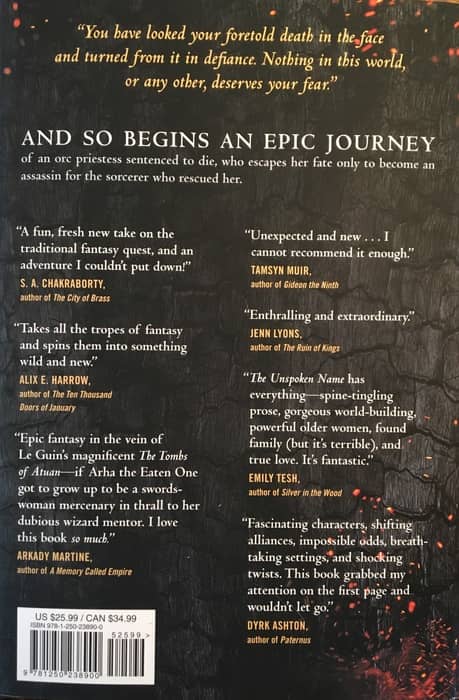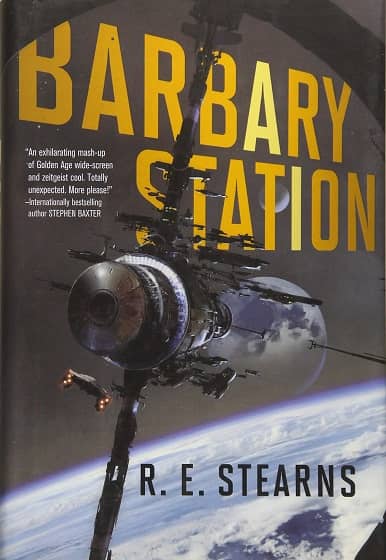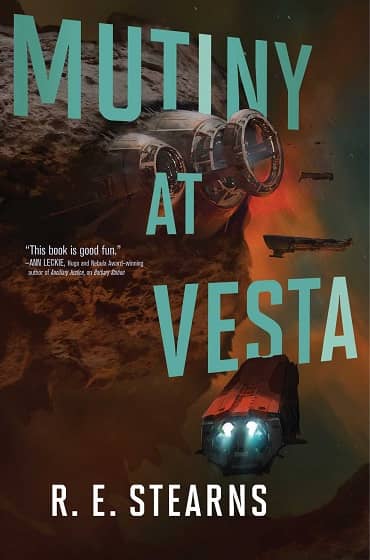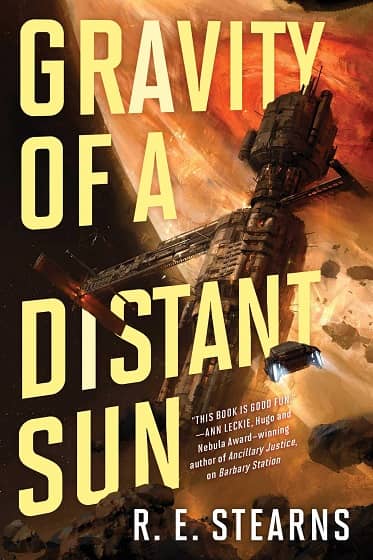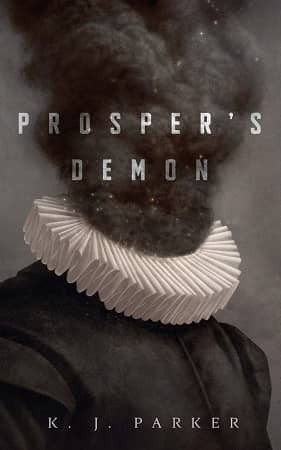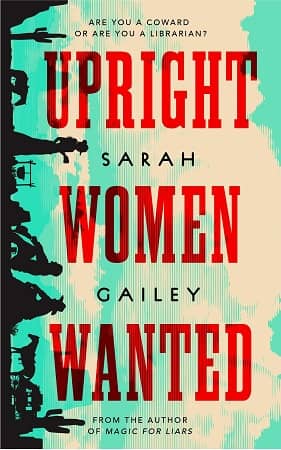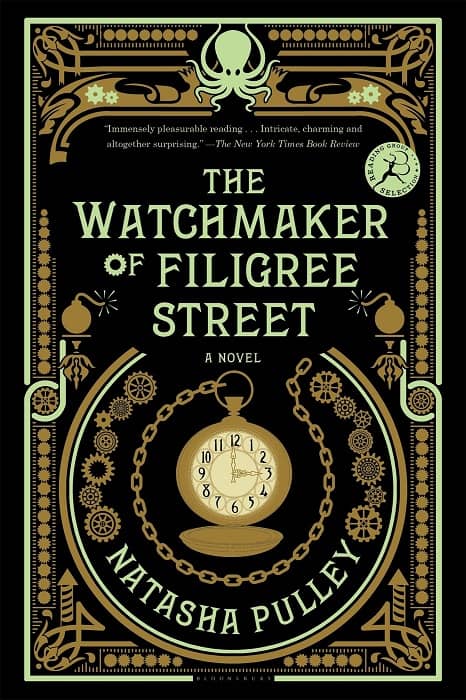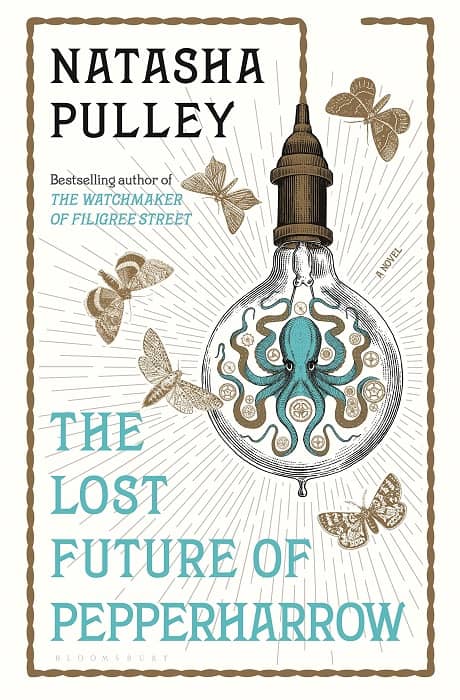Stories That Work: “Log Entry” by Kevin J. Anderson, and “Sweetly the Dragon Dreams” by David Farland
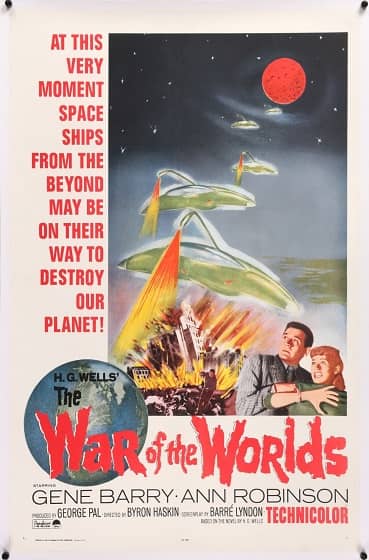 |
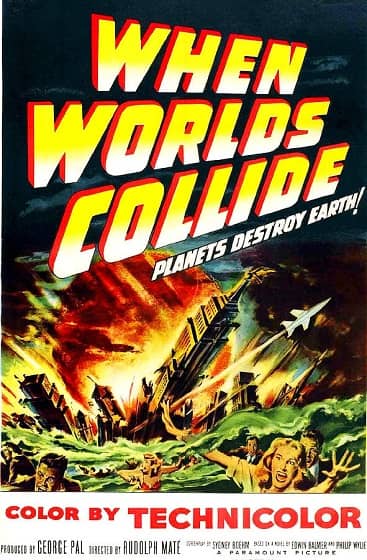 |
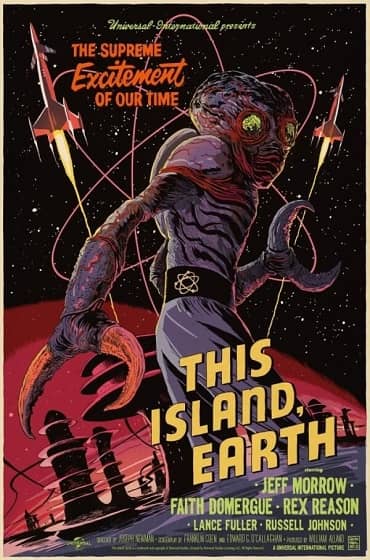 |
Space-based science fiction drew me into reading hard when I started. The fact that my dad was an aeronautical engineer who worked at Martin Marietta, designing the first rockets in America’s space program, probably helped. Copies of Sky and Telescope were scattered about the house, and Dad’s amateur astronomy often became a part of dinner conversation. He ground his own mirror for a reflecting telescope he built and mounted in the backyard, and several times he invited my class at the elementary school over for hot chocolate and star gazing.
Tom Corbett, Robert Heinlein’s Space Cadet, and E.E. Doc Smith’s Skylark of Space started my fascination with space travel. When I was young I thought “space fiction” and “science fiction” were interchangeable terms. Hooray for Buck Rogers and Forbidden Planet, War of the Worlds, When Worlds Collide, and, especially, This Island Earth.
However, science fiction contains way more than space-based stories even as it continues to tell them in film in Star Wars, The Expanse, Battlestar Galactica, Star Trek, and others.
Still, what is a reader to do when looking for short, space-based science fiction? Analog almost always features a space story or two, as do the other major magazines. But what if you want to mainline the stuff? What if you just want to strap into a ship and blast to the stars?
What if you want to feed your inner twelve-year-old space jockey?
